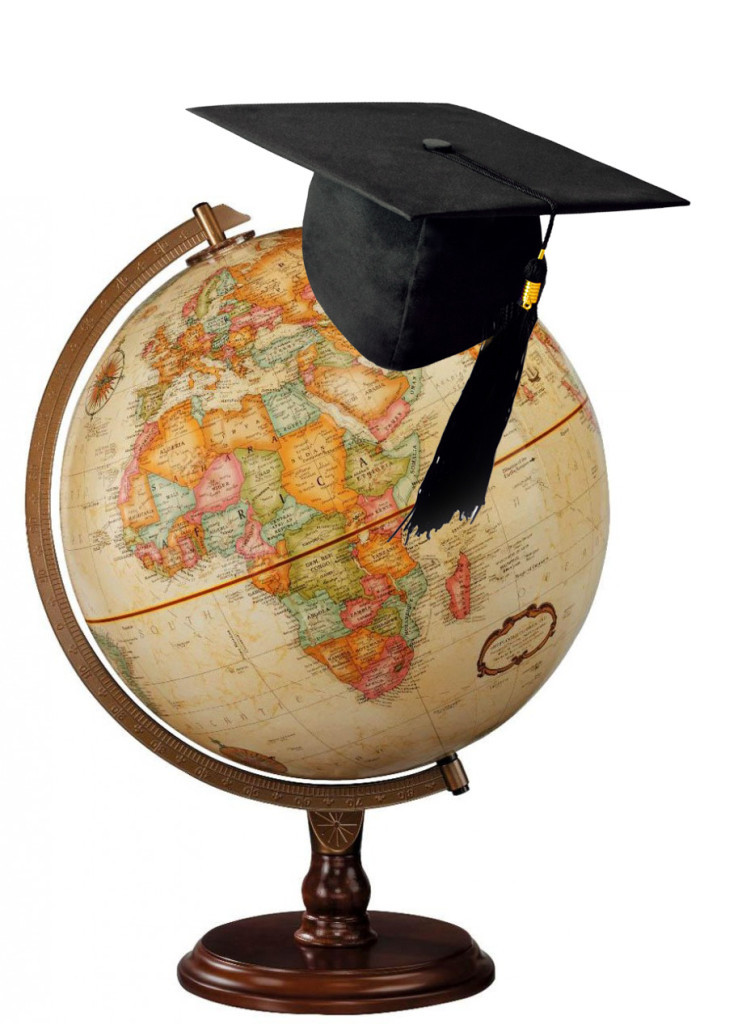Study abroad with Douglas College’s field schools and student exchanges
By Elliot Chan, Staff Reporter
Pack your bags, because Douglas College’s field schools are warming up for another semester of globetrotting. Summer 2014 will offer adventure-seeking students the opportunity to learn and discover the diverse cultures and climates of Belize, Italy, Scotland, Switzerland, Australia, Mexico, and Wales. The college is also promoting its student exchange program, which has partner institutions in Australia, China, Japan, Korea, Mexico, Switzerland, and Wales.
Textbooks and lectures can only teach you so much—although education is often measured by exams and assignments, the real tests in life are the experiences we face.
“[When students travel] they will be able to see how people do things differently,” said Karen Ng, international mobility coordinator. “This is quickly becoming a global community, not just in economics and business. It’s part of this planet we all share. It’s part of life as a human being on Earth.”
The current cost for the semester-long field school is between $4,100 and $6,800, depending on the international school. The fee includes tuition, accommodation, transportation, various meals, airfare, program excursions, and travel medical insurance.
Scholarships are available to assist interested students with financing their sojourn without having them take on a full-time job or breaking the bank, with awards ranging from $500 and $1,000. If the credit courses taken abroad can be transferred back to Douglas College, the students will be eligible for financial aid. For more information, the Financial Aid office will be happy to supply some guidance.
“With the field schools, students will have [to] be under the loan program during the winter semester in order to qualify,” said Ng. “Because [field school] is a condensed semester, it’s looked upon as an extension of winter and not summer semester.”
Unlike field schools, the student exchange program requires a greater commitment and a bit more of a daring attitude. While field school resembles an extended field trip with a class of 15 to 25 students, student exchange is an individual experience.
“Exchanges require long-term planning,” said Ng. “I usually say to students that they need to apply at least six months before you plan to go. Cause we have to work out your course articulations and etc.”
Depending on the school, student exchanges can cost between $5,000 and $11,000, which includes tuition. Although the price seems high, it’s actually a good deal, because Douglas College students will pay the same fees and tuition rates as other students in the host country they visit. In contrast, international students at Douglas College pay five-times more than domestic students. Nobody ever said tuition and travel were cheap—but investments are sometimes worth it.
“Those people who will be most competitive and most likely to succeed in the job market are people who are competent in work in more than one language,” said Ng. “The next tiers of accomplished people are those who have an out of country experience. If you are a fresh grad looking for a job, they don’t expect you to have work experience or overseas work experience, but it is important to have it to start during post-secondary.”

